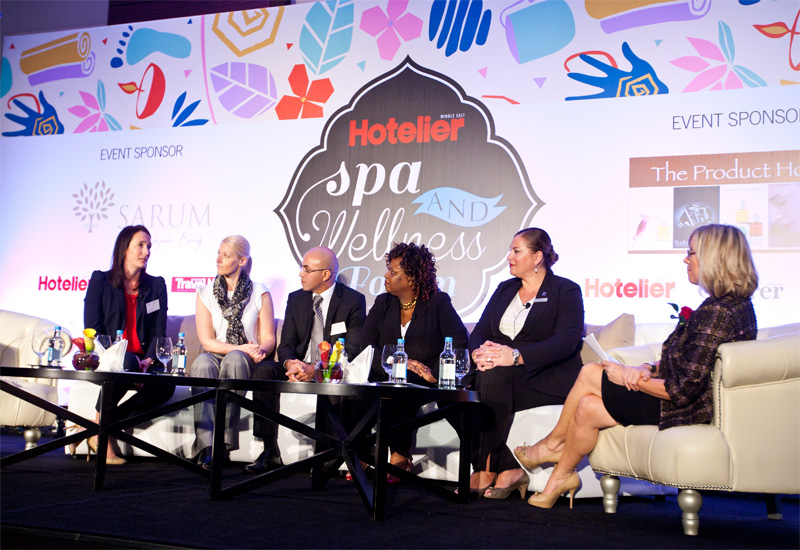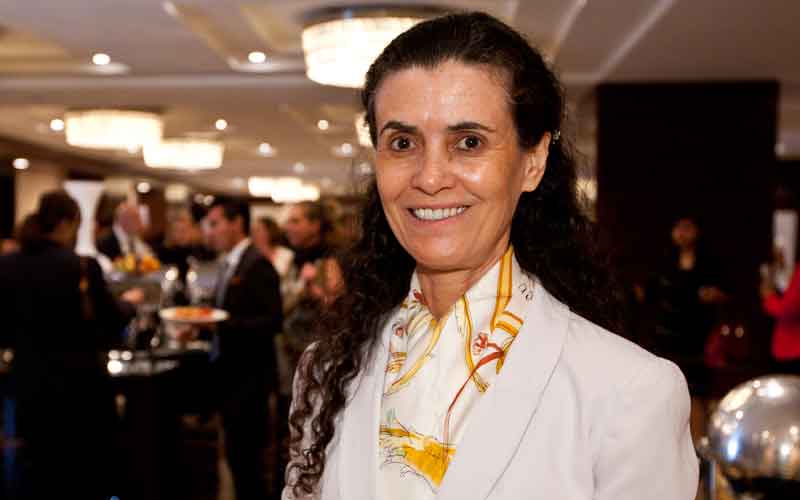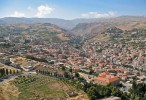“I think it has improved – there are forums like this where we are together,” he said of the summit.
“However, we should communicate with each other more, especially when it comes to recruitment because there are a lot of CVs going around and you’re not sure how accurate they are – some look good on paper but in practice it’s not true, there’s just not the skill.
He also raised the issue that when recruiting from abroad it is difficult to get a sense of personality; something which is important for the spa’s quality of service.

| Advertisement |
“I just finished with a pre-opening and more than 50% of my therapists were from outside the country – so it is a big risk, but what can you do? You have to make sure you lessen the risk as much as possible,” said Monsod.
Once staff were recruited and trained, keeping them was the next challenge identified, with the panel and delegates alike discussing the effectiveness of bonus schemes to counter the problem of staff turnover.
Speaking to Hotelier on the sidelines of the event, E. Maria Haggo, director of spa, at The Ritz-Carlton Dubai said: “I think incentives work to an extent. It is an expected part of their compensation but I don’t believe it’s the key to motivation. I think motivation comes from the personal gratification you get from performing well.
We encourage staff to compete (nicely!) and we reward whoever gets the highest sale with non-financial things.
It could be something personal to them because everyone likes different things. I think it’s the pride of thinking ‘I won’, that is much more motivational than giving someone a 10% financial incentive”.
At Cleopatra Spa & Wellness, part of Wafi Health and Leisure in Dubai, spa manager Beverley Spencer said she focused on getting staff buy-in to boost motivation.
“In terms of motivating staff, I keep them very involved in the decision-making process and they’re kept well informed about what we’re doing and what we’re aiming for. We have a reward and recognition scheme so at the end of every quarter we have a recognition based on customer service, based on revenue, the highest retailer – they decide what prizes they want.
So they have more of a buy-in. I tend to have a fun environment so we have fun while we’re working. I tend to be on the floor and if I see anything I say ‘hey how can we make this better?’ I’m a people person, my staff are very important to me”.
Madeleine Olsson Nikitopoulos, senior director of spa, Middle East & Africa, Four Seasons Hotel Doha, revealed a very creative approach via a “swapping programme” with other spas in Doha.
“We identify who has sold the most, who has performed the most treatments and who has
generated the most revenue and then we select the prizes accordingly. We work with Hilton Doha, Sharq Village & Spa Doha and The St. Regis Doha, and our staff are given a treatment at one of our colleague’s spas.
Staff from hotels in the programme comes to us too and we want to wow them — we want them to go back and say ‘what a fantastic treatment’. It’s very valuable because the therapist experiences a treatment elsewhere then comes back and talks about it to the team,” says Nikitopoulos.
Sofitel’s Monsod said that where incentives are financial, “the biggest problem is getting an incentive scheme approved in the first place, as you find that whatever incentives you wanted to offer end up having to be reduced to get past your finance department and therefore lose their effectiveness”.
“Our staff know who in the market is offering what and if you can’t keep up with others then they will just leave,” he added.
Article continues on next page ...










 Search our database of more than 2,700 industry companies
Search our database of more than 2,700 industry companies









